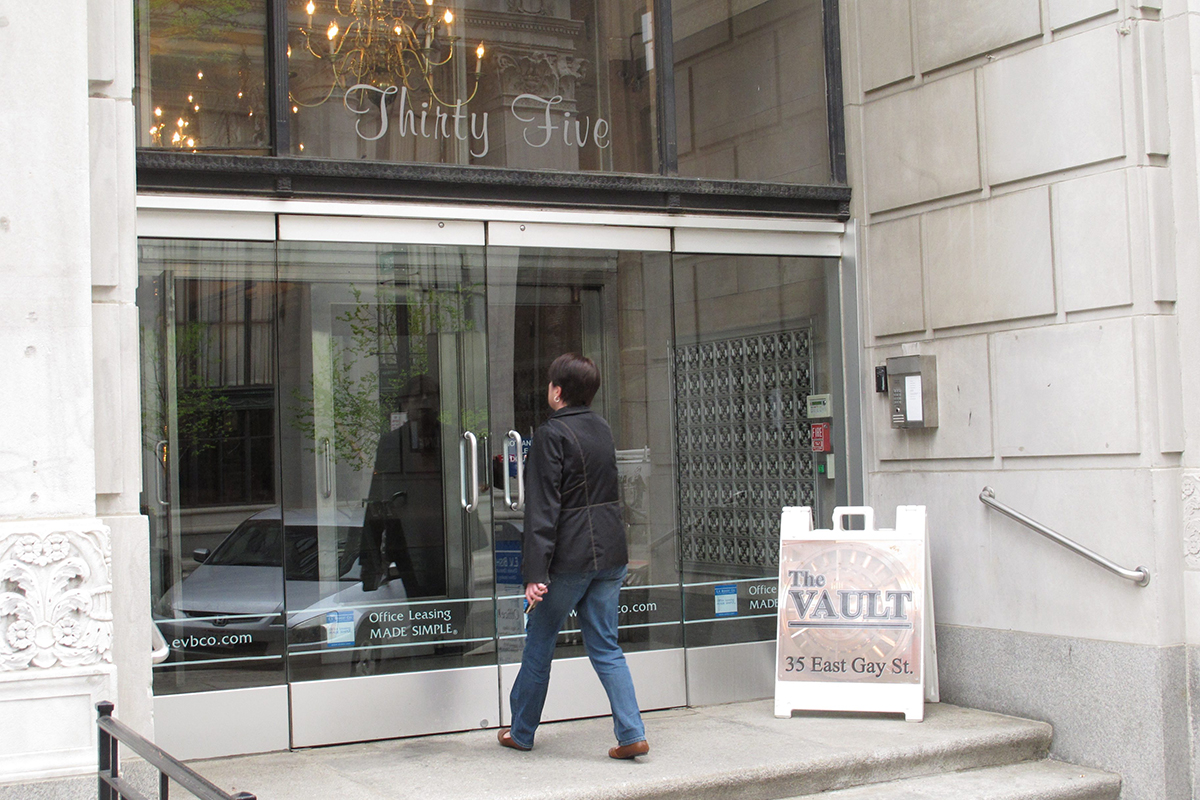COLUMBUS, Ohio — A downtown office building is worth its weight in gold, according to a federal judge who upheld a nearly century-old lease that tied rent to the current price of the metal.

Last month’s ruling means rent paid by the company leasing the Commerce Building from a group of five property owners could jump from $6,000 annually to more than $300,000.
At issue is a so-called “gold clause” included in the original 1919 lease. The provision, common at the time, linked rent to the price of gold to account for inflation, similar to today’s consumer price index.
“This really is a vindication of property rights,” said Washington, D.C.-based attorney Peter Patterson, who represents the five owners.
READ MORE: Kelowna medical marijuana user battling landlord
In 1919, the value of gold was $20.67 per ounce, compared to more than $1,200 per ounce today. The property owners have been charging a yearly rent of $6,000 since that original lease, which was assumed by Commonwealth Investments in 1990.
That deal, Patterson argued in a 2014 lawsuit, has resulted in a windfall for the group, since their more than 40 tenants are charged $900,000 annually.

Get weekly money news
In 1933, in the midst of the Depression, the gold clauses were prohibited as part of efforts to reform the monetary system, which also included a ban on private ownership of gold from 1934 until 1973.
A 1977 law once again permitted gold clauses in new leasing agreements. That set up debates over interpretations of agreements when new parties entered them and whether an original clause could still be enforced.
Commonwealth Investments, the company paying the $6,000 rent, took control of the downtown building in 1990. It unsuccessfully argued they should receive an entirely new lease agreement, invalidating the gold clause under the 1977 law.
In March, federal Judge George Smith sided with the five property owners, but said the new annual lease payment of $348,300 would run only from 2014, when the lawsuit was filed, until 2018, when a new 99-year lease takes effect.
READ MORE: House poor: Canadians who earn the least pay the most for a home
However, that new lease contains elements of the old one, including the gold clause, meaning future rents payments would reflect current market rates.
A message was left for the attorney representing Commonwealth Investments. The decision is likely to be appealed.
Courts have ruled in favor of other gold clauses elsewhere.
In 1990, a federal appeals court upheld the gold clause in the commercial lease of a building in downtown Seattle, which included an original rent of $8,333.
In 1999, a Carmel, Indiana, insurance company had to pay a developer’s heirs about 8,000 ounces of gold in back rent for the land under its Des Moines, Iowa, office building.
An appeals court ruling upheld a similar 1912 gold clause for a downtown Cleveland building in 2008, bumping the rent from $35,000 to about $1.5 million.







Comments